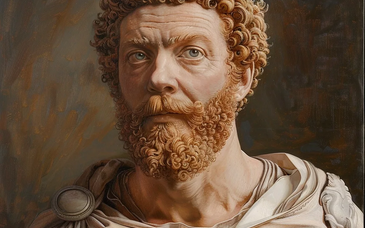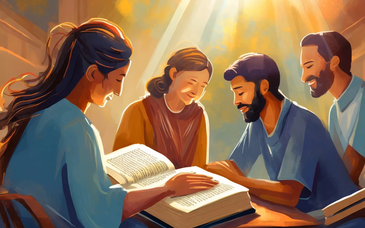Step into the sandals of the formidable Roman servicemen, the backbone of one of history's most powerful empires. In this exploration, we delve into the lives, duties, and unwavering loyalty of these soldiers who stood at the forefront of Rome's military might, shaping the course of ancient history.
- The Legionary's Vow:
- Explore the recruitment process and the solemn oath taken by Roman legionaries, pledging loyalty to the emperor and the Roman Republic.
- Understand the sense of duty and discipline instilled in these servicemen, forming the bedrock of the Roman military ethos.
- Military Training and Equipment:
- Uncover the rigorous training regimen undergone by Roman soldiers, honing their skills in weapons proficiency, tactics, and physical endurance.
- Examine the iconic armor and weaponry, including the lorica segmentata, gladius, and scutum, that defined the Roman soldier's formidable presence on the battlefield.
- The Legionary Camps:
- Journey to the heart of Roman military life by exploring the well-organized legionary camps, featuring barracks, command structures, and training grounds.
- Gain insights into the daily routines, camaraderie, and the sense of brotherhood that developed among the servicemen within the confines of these military communities.
- Campaigns and Conquests:
- Follow Roman servicemen into the frontiers as they embarked on campaigns to expand and defend the vast Roman Empire.
- Witness their resilience in the face of formidable foes, from the barbarian tribes of Germania to the deserts of the Middle East.
- Centurions and Leadership:
- Explore the hierarchical structure of the Roman military, with centurions at the helm leading centuries of soldiers.
- Understand the pivotal role of centurions in maintaining discipline, enforcing orders, and earning the respect of their troops through acts of courage.
- Retirement and Legacy:
- Examine the life of a Roman serviceman after completing their military service, often rewarded with land or a pension.
- Reflect on the lasting impact these soldiers had on Roman society, contributing not only to the empire's military might but also influencing cultural and political developments.
The Roman servicemen were more than just soldiers; they were the guardians of an empire, shaping the destiny of nations and leaving an indelible mark on the pages of history. As we peel back the layers of their lives, we gain a profound appreciation for the dedication, discipline, and sacrifice that defined the Roman military machine and its enduring legacy.






